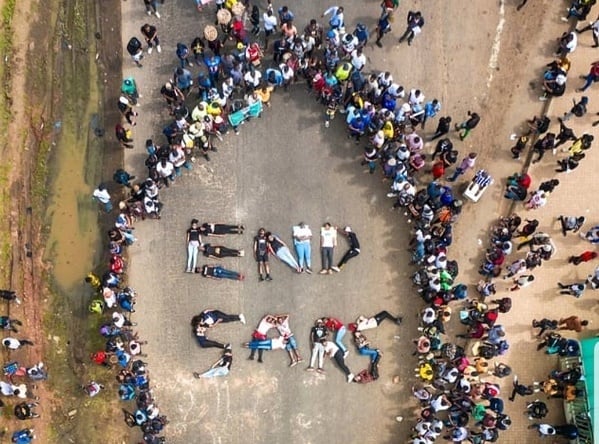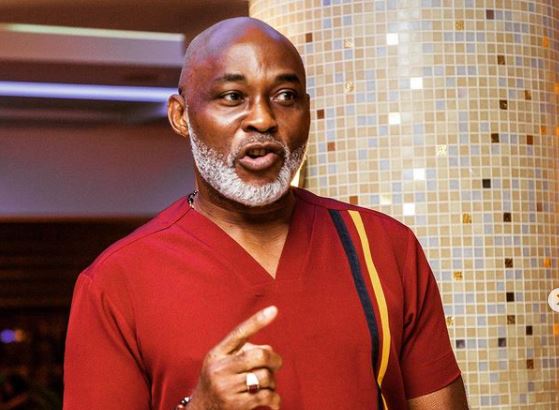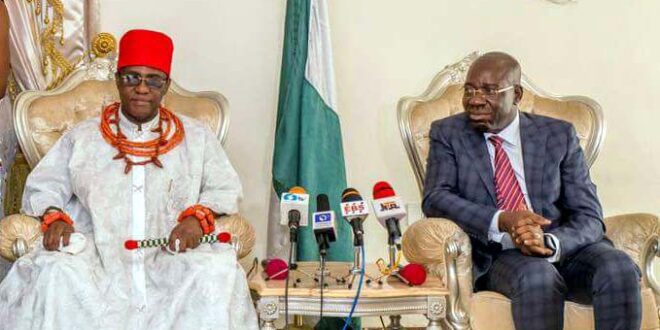Nine positive lessons from #EndSARS campaign
Ifeanyi Okowa, governor of Delta, says the #EndSARS protests across the country in 2020, opened a new chapter for Nigeria.
In October 2020, citizens took to the streets to demonstrate against police brutality, especially involving officers of the now disbanded special anti-robbery squad (SARS).
Speaking on Friday, when he received the report of the state’s judicial panel of inquiry into complaints of police brutality, Okowa said the 2020 demonstrations made it obvious that many Nigerians were suffering in silence.
He said the state will consider the recommendations of the panel, and do what is necessary to ensure justice for victims.
Advertisement
“We are all very much aware of the impact of #EndSARS in our country. It opened a new chapter in the history of our country, where it became very obvious that many citizens across the nation were suffering silently,” he said.
“Many of them were in real pains, rising from loss of loved ones or loved ones that have been maimed by the police.
“I want to reassure you that the recommendations made will be looked into very urgently by the state executive council and that justice will be done to the best that we can as human beings.
Advertisement
“We cannot bring the dead to life and no amount of money can buy a soul. However, we will do the best we can to sympathise with the families and victims.
“The fact that we have accepted that something went wrong can help the families heal, and we need to lend a helping hand to them. I do pray that we continue as a people to stay very civil.
“Human lives can only be created by God. So, as much as possible, it is necessary to give respect to that life which we cannot create.
”I was waiting to see the report and know the extent to which our people have really suffered in the hands of security agencies before setting up the human rights complaints team.
Advertisement
“Whatever is being done is not to scrap the police, because we believe that many of them are doing their jobs. In fact, we have to find ways to strengthen and encourage them.”
According to NAN, Okowa said while it was true that many police officers carry out their duties under difficult conditions, such should not be an excuse for harassment.
“Therefore, we advise the security agents who tend to give a bad name to the police and other agencies to desist from doing that. I believe that when the police work with the civil class, it will help them in information gathering,” he said.
“So, we look forward to a good working relationship of the government and the police in order to provide better policing of our nation without having to go the path that will make our people distrust us.”
Advertisement
Celestina Ogisi, retired justice and chairman of the panel, who presented the report, said 86 petitions were received, out of which “49 were heard on merit while 37 were struck out for various reasons”.
Advertisement
Add a comment





